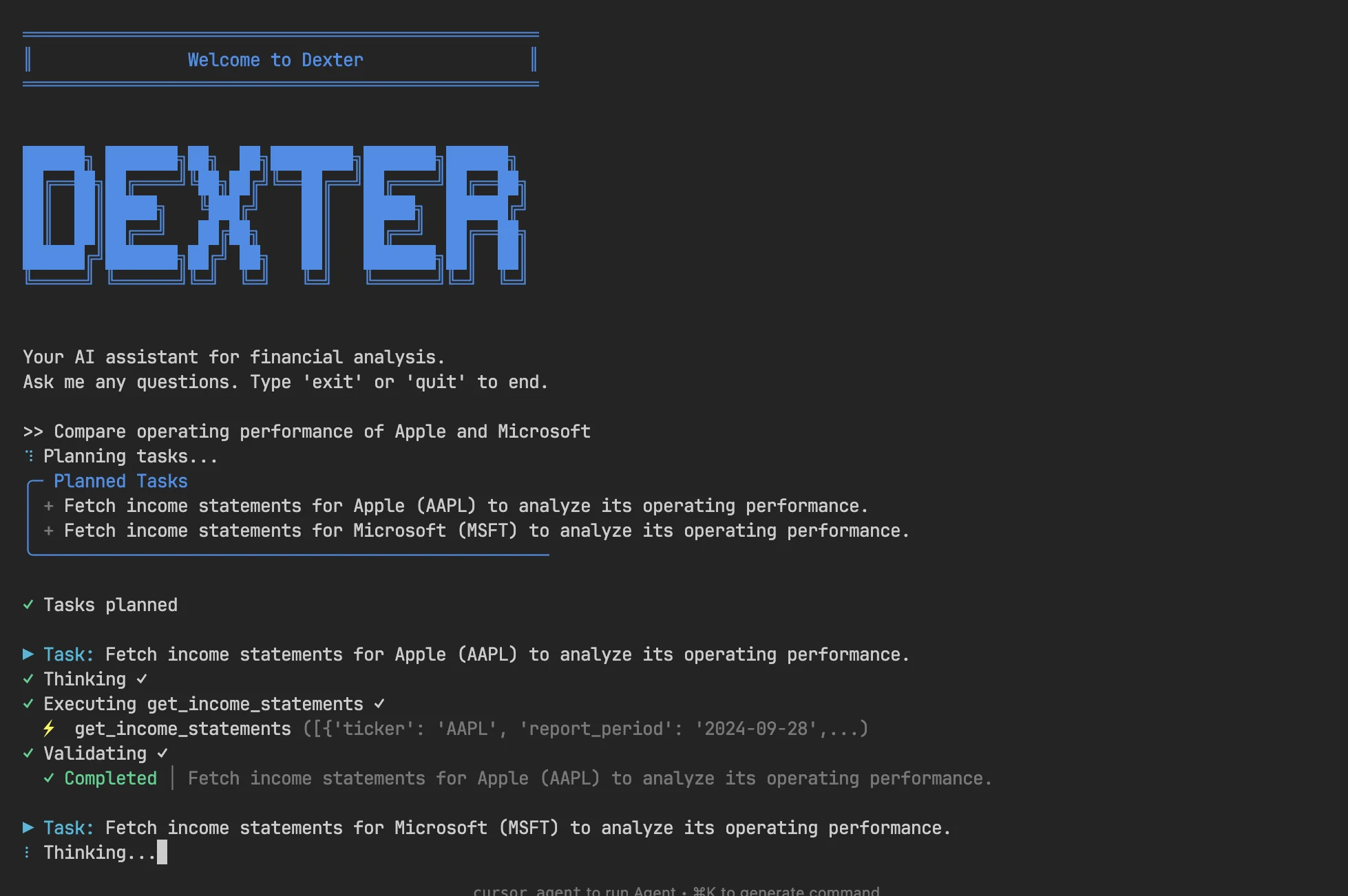A US policy aimed at restricting China's access to Nvidia's most advanced AI chips has inadvertently helped Chinese AI developer DeepSeek surpass American competitors who can use the company's latest chips. DeepSeek has gained prominence in the global AI field with its innovative AI model, R1.
DeepSeek's R1 model is a specialized AI tool designed to solve complex problems, and its performance has quickly ranked among the top ten globally. Compared to OpenAI's o1 model, R1 not only matches its performance but also boasts faster development times, fewer and less powerful AI chips, and significantly lower costs. This success underscores how resource scarcity can drive innovation while showcasing DeepSeek's exceptional capabilities in the AI domain.
The success of DeepSeek's R1 model has brought tangible benefits to businesses and drawn significant attention from the industry. A co-founder of a Silicon Valley startup noted that they previously used Anthropic's Claude model but switched to DeepSeek after discovering it could deliver comparable performance at about one-fourth the cost. This shift not only reduced costs but also improved operational efficiency.
Beyond its outstanding performance, R1's open-source nature and low cost have made it highly appealing to enterprises. It ranks highly in download counts on HuggingFace, costing only 3-5% of what OpenAI's o1 model does. Additionally, R1 offers a search feature users consider superior to those of OpenAI and Perplexity, with performance comparable to Google's Gemini Deep Research.
DeepSeek's success is largely attributed to the exceptional leadership of its CEO, Liang Wenfeng, who previously managed an $8 billion hedge fund and has deep insights into chip operations. Under his guidance, the DeepSeek team optimized the training process and resource integration, successfully applying AI chips to identify patterns affecting stock prices. This experience laid a solid foundation for DeepSeek's rise in the AI sector.
Notably, the US export restrictions on Nvidia chips, while posing challenges to Chinese AI developers like DeepSeek, have also spurred their innovative spirit. To address chip shortages, the DeepSeek team redesigned the training process, using less powerful Nvidia H800s chips to train the R1 model. This strategy not only cut costs but also enhanced training efficiency.
DeepSeek's achievements have caught the attention of American tech giants. Microsoft CEO Satya Nadella expressed serious consideration of China's advancements in AI during the World Economic Forum, praising DeepSeek's new model. He acknowledged DeepSeek's excellence in open-source models, inference time calculations, and computational efficiency, deeming them worthy of industry focus.
As Chinese AI developers like DeepSeek continue to rise, the US export restrictions on Nvidia may trigger further changes. Industry insiders believe that if more startups replicate DeepSeek's success, demand for Nvidia's most expensive chips might decline, impacting its revenue growth. However, in the long term, this could promote the democratization and development of AI technology, offering more companies cost-effective and innovative opportunities.
In summary, DeepSeek has emerged as a leader in the global AI landscape thanks to its innovative R1 model and superior performance. Its success brings practical benefits and opportunities to businesses while demonstrating China's strength and potential in AI. As AI technology continues to evolve and become more widespread, DeepSeek and other Chinese AI developers will remain key players in driving global progress in AI technology.








